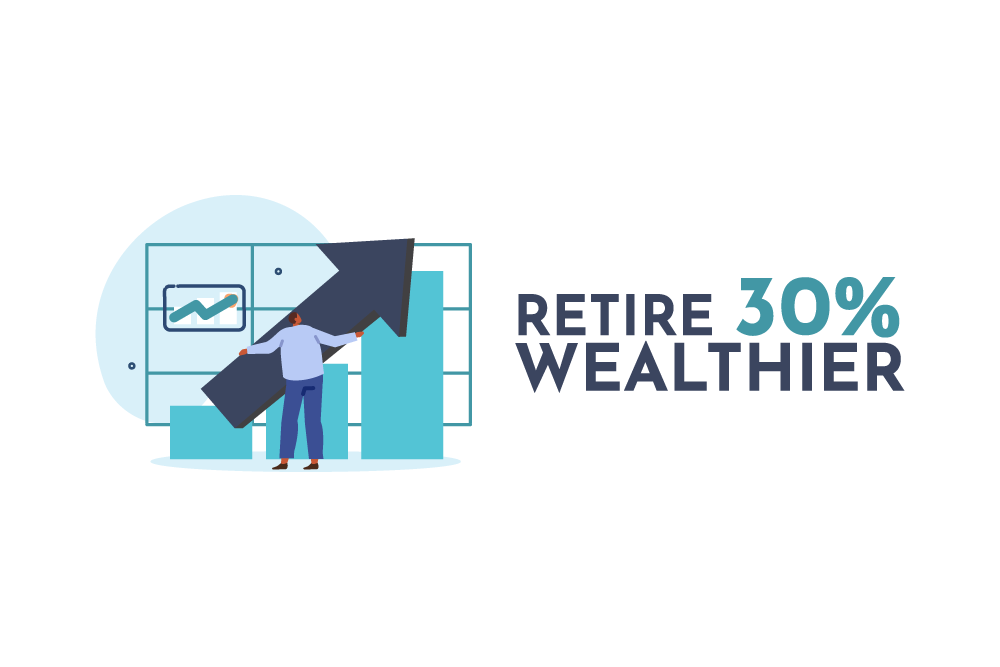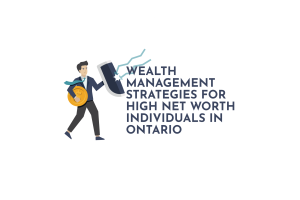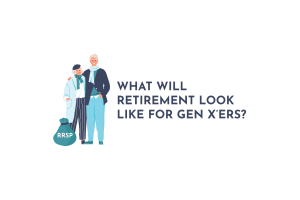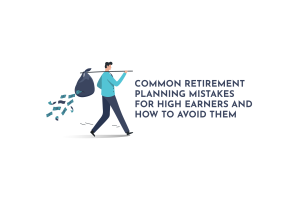In This Article:
- It is advice-free
- It makes a pretty big annual savings assumption
- The fee argument is flawed
- The value of advice is totally discounted
- The simplicity of the 30% wealthier assertion is maddening
We have all seen them. There is an advertisement in heavy rotation recently about the fees that you pay for your investments. Retire up to 30% wealthier, chances are you’ve heard this number. It sounds great doesn’t it. Of course I want 30% more money, who wouldn’t? It leads me to a question though. Thirty percent wealthier than what? If you explore the claim a little bit what you see is that they are all hypothetical examples of how if you start with $50,000, add $10,000 in deposits every year and compound growth over thirty years that a savings of 2% in investment management fees can result in your account being up to 30% larger than the benchmark mutual funds. It also clearly states that there is no indication of the reasonableness of these assumptions. It’s there, trust me. On one of the popular service’s websites all you have to do is scroll all the way to the bottom of the page, click on the little plus sign beside the disclaimers link and it shows you what they are basing things on. Let’s take a look at what you are actually getting with this type of investing:
It is advice-free.
This means that there is no one to advise you on decisions, not that they offer free advice. There is a definite marketplace for this in today’s world. Think about the person who fixes their own brakes after watching a you tube video on how to do it. They don’t want to take their car to an expensive garage for the expertise of a mechanic when the information on how to do it themselves is available to watch on their phone. Never mind that the garage has better equipment (a hydraulic lift for example), I can do this myself. You can contact someone with questions about your account, but that doesn’t mean advice. What it means is that if you need to change your mailing address someone will help you with that. Should you have more interest investment in your portfolio? That’s not a question that can be simply answered over the phone. You need someone who knows what your goals are and when you hope to achieve them in order to properly advise you on topics like that.
It makes a pretty big annual savings assumption.
The numbers used in the 30% wealthier example are bold. They assume an initial account value of $50,000 and then contributions of $10,000 a year for thirty years. That’s a big annual contribution, especially considering that in 2020 the median contributions in Vancouver ($4700), Toronto ($4600) and Calgary ($4200) are all well below that $10,000 from the example. Here’s the thing, to get that 30% more you really need to follow that deposit schedule. If you don’t make $10,000 in deposits every year, for 30 years, the compounding doesn’t work and your 30% wealthier won’t materialize.
The fee argument is flawed.
Flat out there’s no other way to put this. They have selected to compare to mutual funds but only based on their average annual fees. What does that even mean? I can find a huge variety of investment options in Canada, some have higher fees, some are low. The key is that the amount that you pay isn’t the same for every fund. How do you offer such an eye-popping amount as having 30% more when you are comparing to an average management fee from 120+ funds. This makes no sense, I can’t invest in the average of these funds, I can invest in ones from the high end of the spectrum or the low end, but what I choose will have a pretty significant influence on if I get to be 30% wealthier.

The value of advice is totally discounted.
The fact that these are self-serve investment plans was touched on earlier but it bears repeating because it ignores one really important piece of information. The role of a financial advisor is very important, but it may not be what you think it is. We are past the days when the advisor as a stock picker who’s only job is to tell you to buy or sell something based on getting you the highest returns. Instead an advisor’s job these days is to help you plan for the future and to coach you through tough times to stay the course. A good advisor won’t try and time the market for you, they will have you invested in a portfolio that fits in the risk tolerance you are comfortable with and will have explained how the market will go up and down over time. These fluctuations are built into your financial plan, and keeping you on track with this is why you have an advisor. When you feel like you have to do something your advisor’s job is to work with you to realize that staying the course and sticking to the plan is doing something. In fact, quite often it is doing the right thing. Emotional responses to external factors rarely result in the desired outcome.
The simplicity of the 30% wealthier assertion is maddening.
Again, I reiterate. Thirty percent wealthier than what? If the disclaimers on the website are true than I can take about five minutes and put together a scenario where I will find an investment fund with a management fee lower than the one they propose and voila, now you can retire 31% wealthier (maybe even 32%)! The key to all of this is that you can’t solve a complex problem by simply throwing out an dazzling number and hoping for the best. I said it before and I will say it again. Who wouldn’t want their investments to be (up to) 30% bigger? How do I get it? I am afraid that is far more complicated than simply reducing the fees on my investment holdings.
I get it, we are talking about an advertisement here, and it does what it’s supposed to do. It draws my attention. Up to 30% wealthier! I want to be wealthy, and what’s better than being wealthy is being 30% more wealthy. Full disclosure, it does say ‘up to 30%’ but that ‘up to’ part is boring. But here’s the thing. I am human, I’m not paying attention to the ‘up to’ part of that statement. Even though it is the part that tells the full story. If I can’t meet the exact criteria that is laid out in the example I will be part of the ‘up to’ group and not the ‘30% wealthier’ group. That kind of stuff happens to other people, not me. I am definitely in the wealthier group. Will it be enough to retire? I don’t know. When will I be able to retire? I don’t know. How will my emotions affect my long-term goals? I don’t know. What will my estate look like when I pass away (with my 30% extra wealth)? I don’t know. The list of things I don’t know is long, but at least I’m 30% wealthier to help me figure everything out. Or I could get some answers to the many of the ‘I don’t knows’ by seeking out a professional financial advisor. In fact, they’ll probably help me answer some questions that I didn’t even know I needed an answer to. To me, the value of working with a professional who will help me determine what my goals are and how to achieve them seems pretty clear.
If you would like to talk to a professional financial advisor please contact us today.





